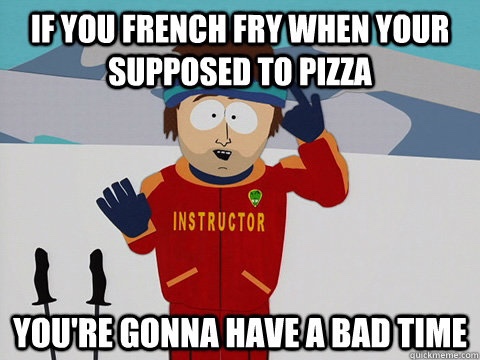A lack of network has generally meant capital constraints if you were an entrepreneur. Being hooked up with capital allocators was crucial to being a good operator. Access tended to compound over time like interest. Which is why we make “funny because it’s true” jokes about how successful founders usually had a head start in a few areas. I’m not saying that is going away, but decentralized finance is fucking with some of the consensus knowledge around how capital gets raised and deployed.
And what convinced me we are moving towards an inflection point, over the next decade, where capital allocators and operators decouple, wasn’t my tony Silicon Valley network. No, I’ve had access to the minds of those players for years. What clicked my mind into a position to take action? I spent an hour and a half getting a tutorial from one of my anon reply crypto friends on yield farming and liquidity mining. I don’t want to blow up their spot but Alpha Ketchum dropped a lot of knowledge on me today. And it shifted my energy from belief into understanding. From there action will be seen in my investments.
I’m still chewing through a lot of the details but I’m going to make a bet that scaling DeFi is going to require significant institutional capital and the support of experienced operators to realize its full potential. Thats why I’m invested in folks like Cambrian and Martin Green and would love to get my dollars into Arca and David Nage. That’s why, of my four thesis areas I’m pursuing in my own fund Chaotic Capital, two are explicitly dedicated to both organizational and systemic flexibility and how it plays out across new business opportunities.
We’ve seen capital decoupling from traditional centralized authority systems and trust based networks. The perpetual fundraising machine of tokens, coins and market making techniques like yield farming, are funding everything from esoteric art projects and to the next generation of insurance. Thing about that, the innovative companies that drive growth won’t have their capital needs met just on Wall Street or Sand Hill Road. If you don’t believe me look at what has already been built
Exchanges → SushiSwap, Uniswap, Bancor,
Insurance → NexusMutual, Cover
Derivatives → Perp Protocol, Opyn,
Credit Markets → Aave, Compound, Maker
Asset Management → Enzyme, Yearn Finance
